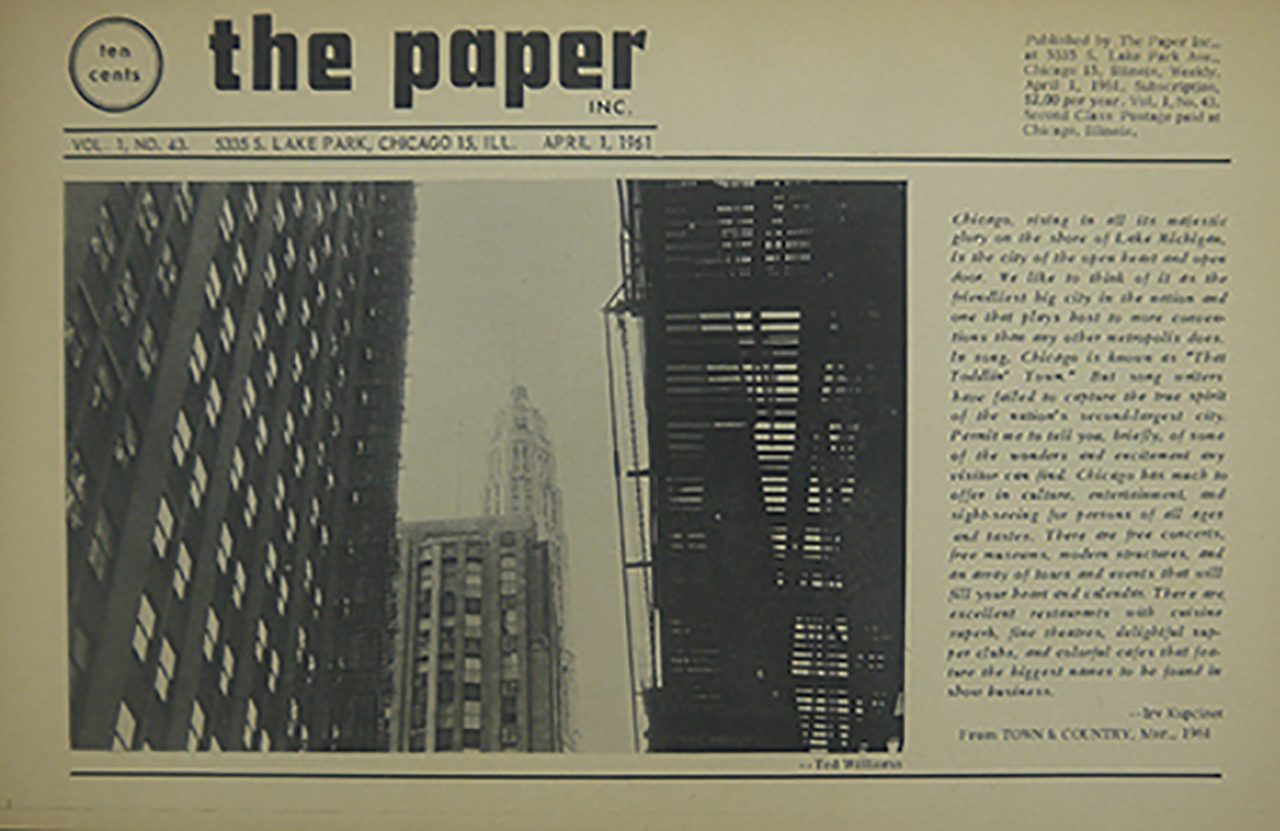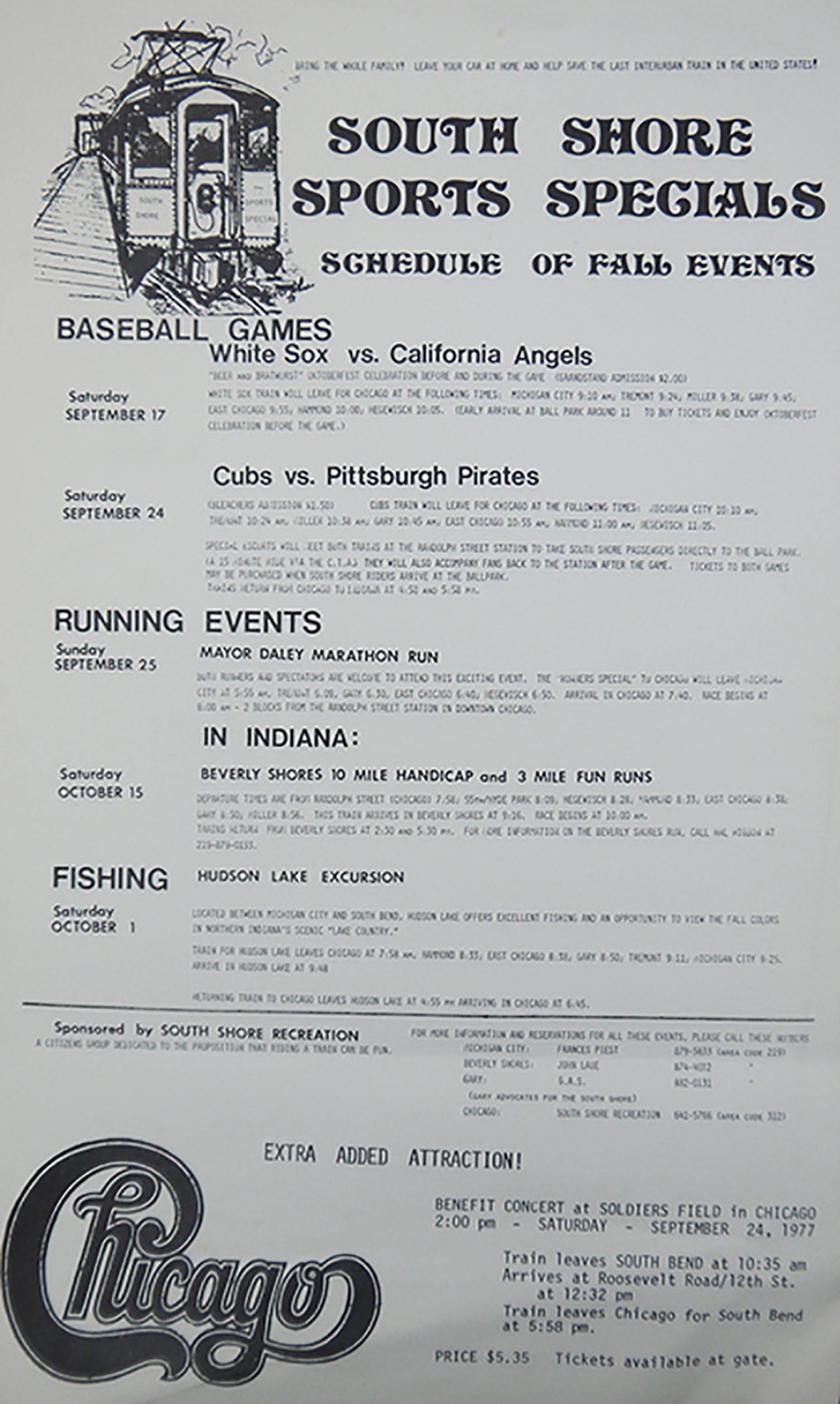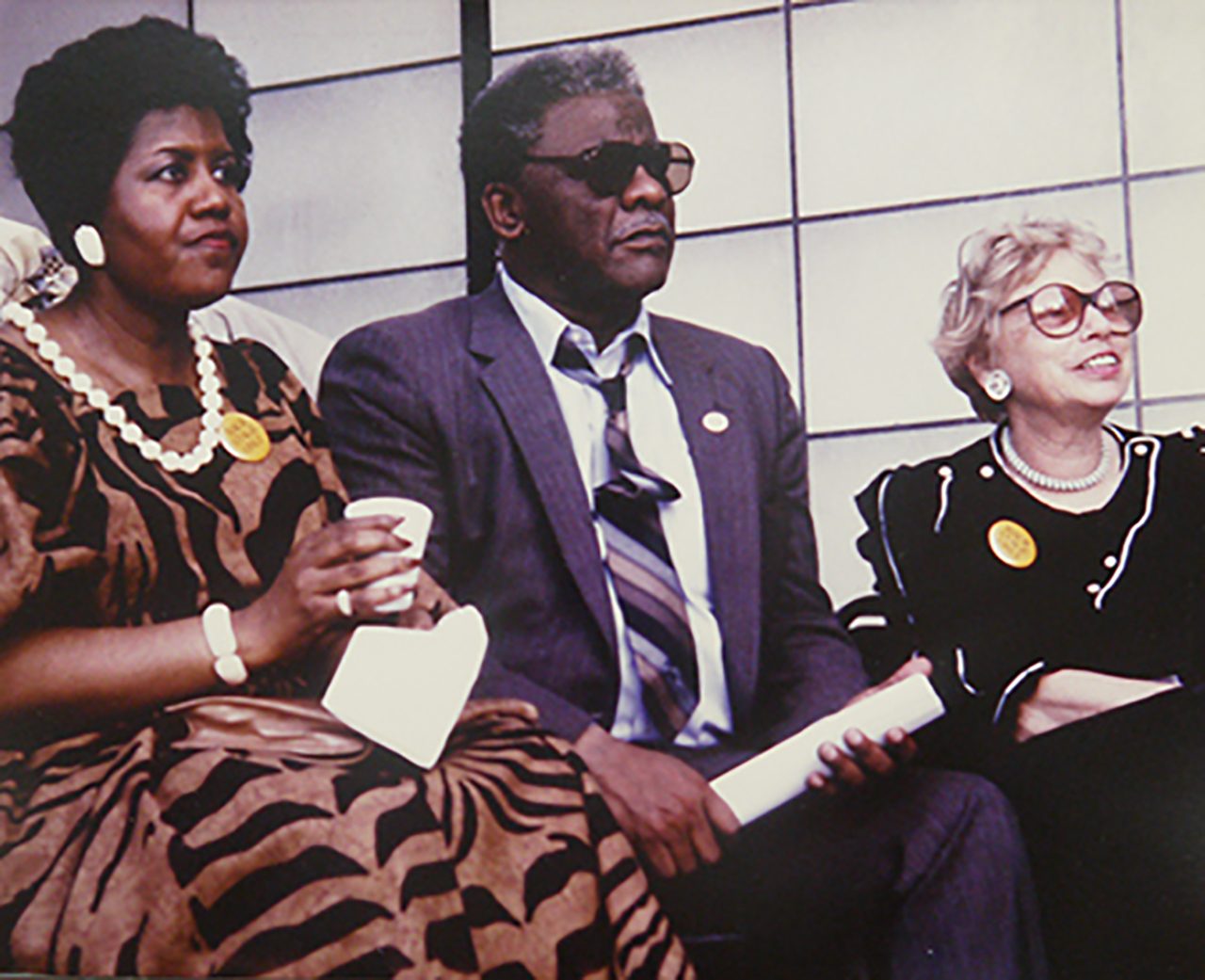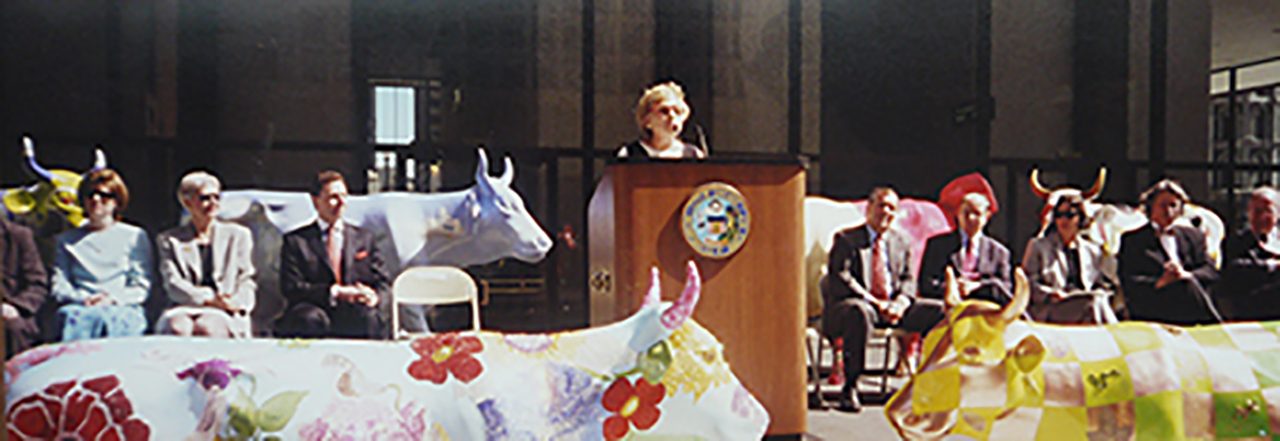Get to know Chicago cultural maven Lois Weisberg with the contents of her collection in our Research Center.
Small only in stature, Lois Weisberg was a big presence in Chicago’s civic and cultural life for seven decades. Everything about her seemed larger than life, including a circle of friends that ran the gamut from comedian Lenny Bruce to our own Gary T. Johnson. She could be seen bustling through the city, cigarette in hand, wearing oversized, bejeweled glasses, and driving a car that seemed too large for her unless, of course, you knew her. And seemingly everyone did, in fact, know Lois.
Born Lois Porges on May 6, 1925, Weisberg was raised in the Jewish section of Chicago’s Austin neighborhood. Her father was a prominent lawyer who served under Illinois’s first Jewish governor, Henry Horner, and her uncles were a part of city’s Democratic political machine as precinct captains. As a child, Weisberg was drawn to the arts and nurtured a passion for them throughout her life. After graduating from Northwestern University, she founded a theater company dedicated to the works of George Bernard Shaw, going so far as to personally solicit money from John D. MacArthur for the centennial of Shaw’s birth in 1956 and founding The Paper, an underground arts and culture-focused weekly.

Front cover of “The Paper,” April 1, 1961. Box 12, Folder 17
Weisberg was not the type to sit idle in the face of a problem. Concerned with the potential end of daily railroad service from Chicago to South Bend, Indiana, she founded South Shore Recreation to promote and sponsor sightseeing trips and other outings; worried about the disrepair of the city’s communal spaces, she helped establish Friends of the Parks. Materials chronicling Weisberg’s part in the earliest days of both organizations can be found in her collection.

Flyer for South Shore Recreation, whose events encouraged community members to ride the South Shore Rail Line. Box 6, Folder 1
Professionally, Weisberg worked tirelessly at Business and Professional People for the Public Interest and later as executive director of the Chicago Council of Lawyers. Politics was also an important part of her life, serving as campaign manager for one of Congressman Sidney Yates’s reelection bids and as an active supporter of Harold Washington’s successful 1983 mayoral campaign. In 1983, Washington named Weisberg director of the Office of Special Events.

Mayor Harold Washington (center) appointed Weisberg (right) director of the Office of Special Events, her first position at City Hall. Box 73, Folder 23
In 1989, Mayor Richard M. Daley appointed Weisberg commissioner of the Department of Cultural Affairs, a position she held for more than two decades—the largest portion of the collection consists of materials relating to this timespan. Weisberg was responsible for many of the cultural events that have become synonymous with Chicago itself, such as the Taste of Chicago. Her commitment to public art led to her to create Gallery 37, which commissioned student artworks to cover up graffiti, as well as the world-renowned Cows on Parade exhibition.

Weisberg speaks at a press conference for the Cows on Parade, June 15, 1999. Box 73, Folder 6
Weisberg passed away on January 13, 2016, and is remembered fondly for bringing the arts to the people of Chicago. More importantly, she brought people together. Weisberg was so famous for her extensive network that Malcolm Gladwell wrote a New Yorker article entitled, “Six Degrees of Lois Weisberg” (January 11, 1999) in which he mused: “Lois is far from being the most important or the most powerful person in Chicago, but if you connect all the dots that constitute the vast apparatus of government and influence and interest groups in the city of Chicago you’ll end up coming back to Lois again and again.”
- Explore the Lois Weisberg papers in our collection